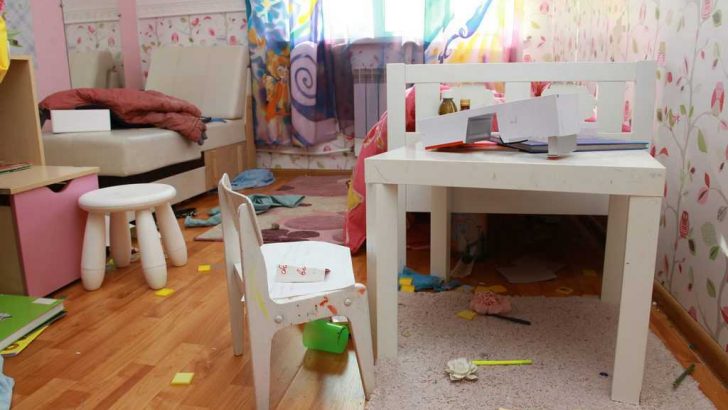Having trouble keeping your child’s bedroom tidy and clean?
Don’t panic, help is on the way!
It’s tough being a parent!
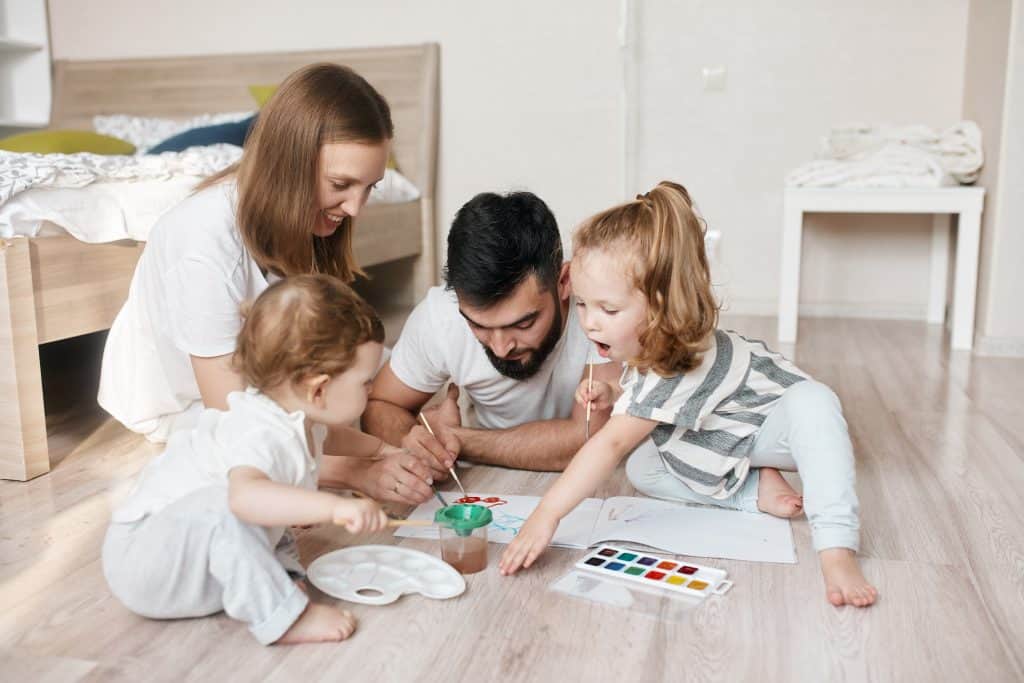
On this adventurous journey of discovery that is parenthood, we sometimes find ourselves banging our heads against walls.
Of course, we don’t have all the answers. So, often, the best option when faced with a problem is to try and see if it works or not.
The problem addressed in this article is that of clutter in our children’s bedrooms.
So whose fault is it, and what can we do about it?
A few important points before we start…
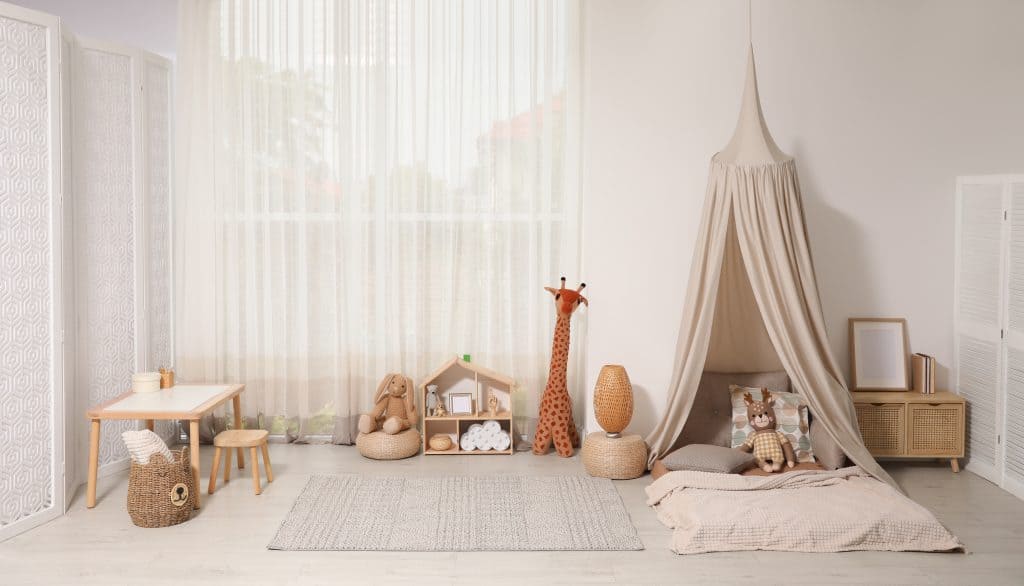
The word “fault” implies a sense of responsibility.
And children aren’t born with an innate sense of responsibility: it’s up to us parents to teach them.
Should they learn to take responsibility for their own damage? Absolutely!
But take a step back for a moment and consider what may have led to this disaster…
It’s going to be a tough pill to swallow but, often, the “fault” lies with you.
If your home is regularly a mess, you can’t expect your children’s bedrooms to be regularly tidy!
By no means should your children be exempt from their personal responsibilities, but chances are they simply don’t understand how to keep their room clean and tidy, just as you can’t keep your house clean and tidy.
In fact, before you focus solely on your children’s mess, start by solving the house cleaning problems.
That way, you’ll have every right to demand that your little ones follow your example.
Here are some other ideas on how to tackle the problem:
1. Don’t just say: “Go and clean your room!
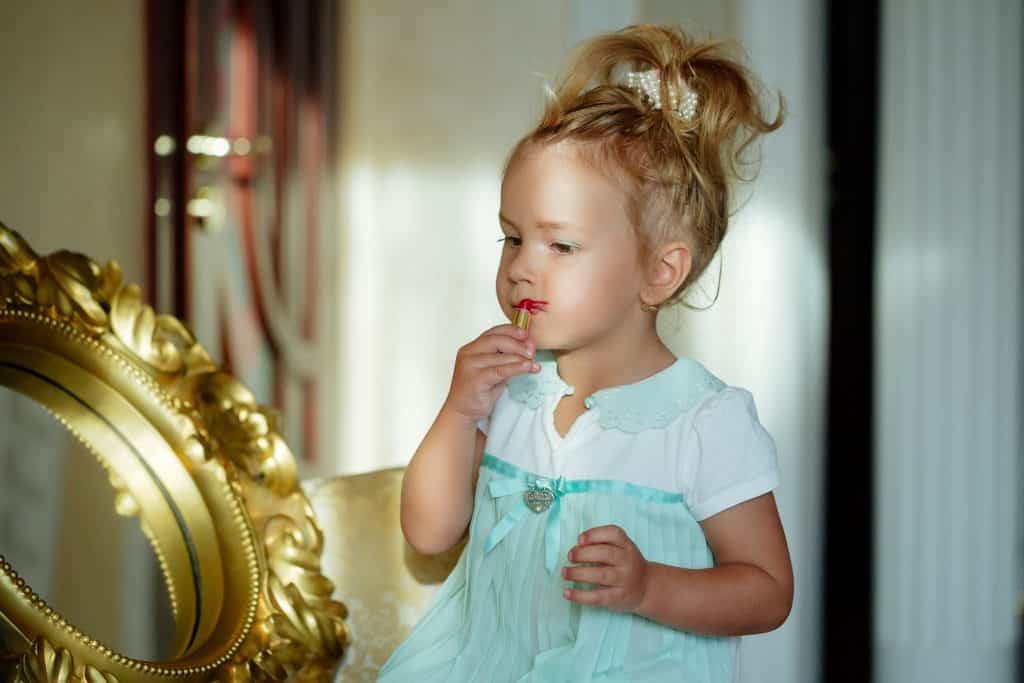
Except when they’re very young!
A little reverse psychology never hurts. So, when you want to spend some quiet time, ask them to tidy their room.
Chances are they’ll end up playing rather than doing it, leaving you alone for a while at the same time. And as a bonus, they’ll think they’re fooling you! But you can’t teach an old monkey to make faces, can you?
But don’t let that stop you from teaching them to tidy up!
To do this, go into their room with them and give them step-by-step instructions.
Simply saying “clean your room” is too vague for young children.
And expecting them not to be distracted by toys is unrealistic.
Here are some examples of steps you could give them:
- Collect all the stuffed animals and put them in their bins.
- Put all books back on the shelf
- Put away all kitchen utensils
- Put all the Lego in their bin
If they don’t understand, don’t forget they’re children!
Think of these steps as training for independence. And, like all training, you’ll need to put in the time and effort first.
Also read: How can you stop your child from disrespecting you?
Not just their room
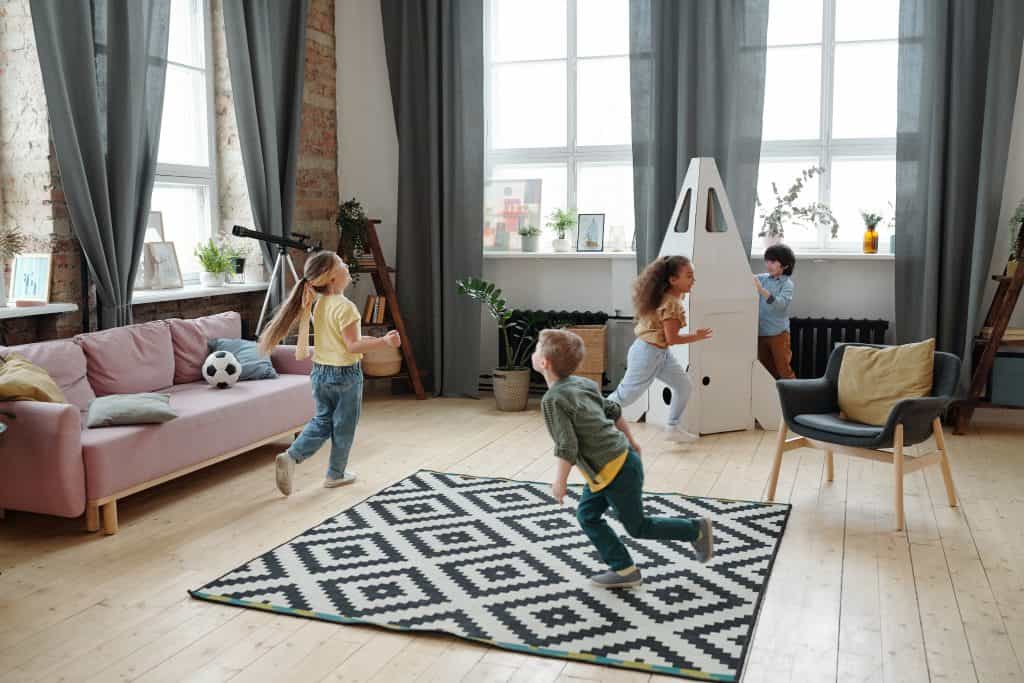
Ask them for help in other rooms too (even if it takes longer), to diversify storage areas and motivate them.
Help them feel connected and partly responsible for the whole house.
If they’re only responsible for their own room, it’ll be easy for them to tell you that “it’s their room, they can do what they like”.
But if they take part in the regular cleaning of the whole house, they’ll understand how their room is part of the whole house and counts as much as any other place in it.
2. Teach by example and be honest

Even as adults, we struggle with clutter.
So how can we expect our children to keep their rooms tidy ALL the time if ours isn’t? Or if you don’t show them that you have to tidy up too?
Clutter is natural, and we have to accept it.
If you only show your children perfection (and hide the rest), they won’t understand why it’s not the same for them. You’ll indirectly be putting unnecessary pressure on them, pretending to live in a world that doesn’t exist (one where mess doesn’t exist).
Children’s bedrooms are full of life! So don’t force this unrealistic vision of permanent cleanliness and order.
3. Daily reminders

You’ll regularly feel like a broken record…
Asking your children to do similar things again and again almost every day is, unfortunately for you, part of the process!
“Don’t forget to make your bed.”
“Who’s in charge of the dishwasher this week? Can you please empty it before I start making dinner?”
“Thomas, help your sister empty the dishwasher.”
“I’m going to do laundry at 5pm, don’t forget to put your dirty laundry in the drum.”
“When you clean the bathroom today, could you please remember to clean the toothbrush cups?”
“Today, you vacuum your rooms.”
You get the idea.
Your kids can do a lot of things, but don’t expect them to do everything right without a little involvement on your part.
They’re still children, adults in training.
If you find that your reminders aren’t working, don’t hesitate to have a quiet discussion with your child(ren), to try and understand why he or she is turning a deaf ear.
Also read: 10 Points on which the education of your 1st and 2ᵉ child differs.
4. Keep only the essentials
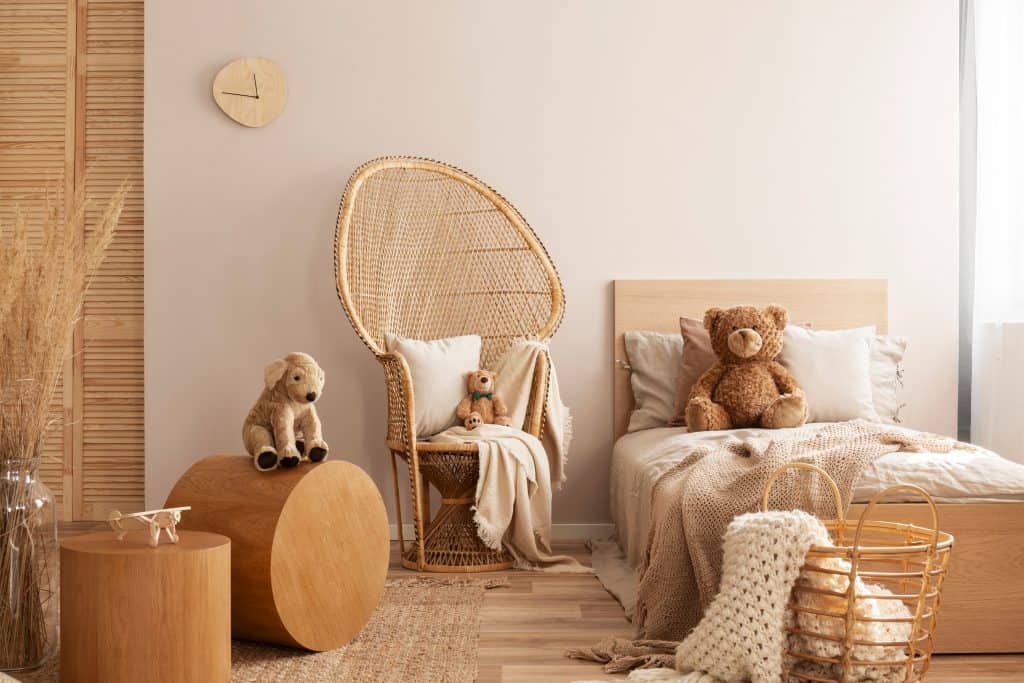
To avoid too much clutter, you don’t want to have too many things to begin with!
If you want your child to be able to clean his room easily, keep decluttering his room regularly, until there’s a reasonable amount of stuff to clean.
If you don’t like something and rarely use it, ouch!
Donate these items if they’re still in good condition, and check regularly for toys that are broken or too damaged to keep.
When your child finds himself with a less cluttered room, you’ll see, he’ll clean it up more willingly.
5. No storage space
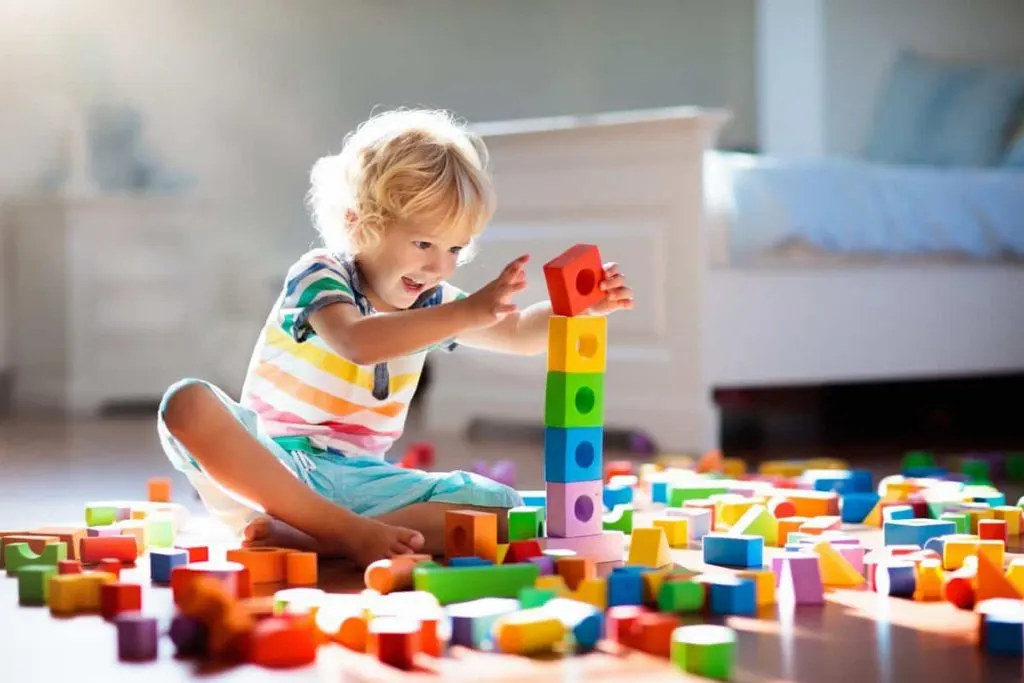
Your child is willing to tidy up, but what if he lacks storage space?
Make sure he has adequate storage space for everything: clothes, shoes, books and toys.
Help him get organized by taking the time to see if he needs more bins, chests or hangers (and this also helps to sort, as seen in the previous point).
Don’t expect perfection
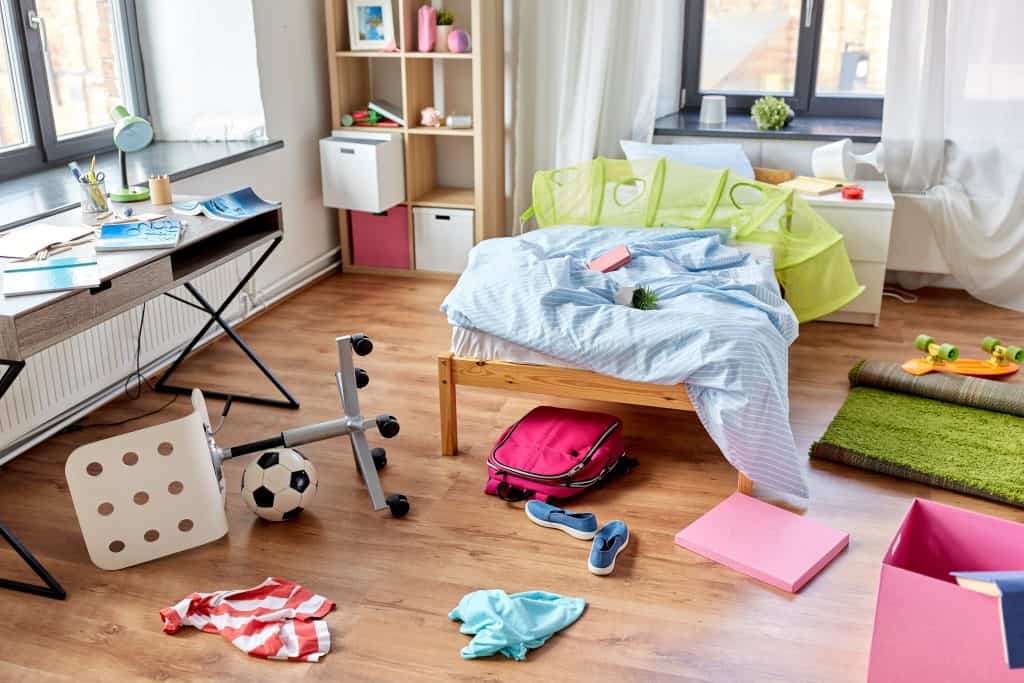
Whatever happens, make sure the child knows you care more about him than the state of his room.
You and I have our bad days, and so do our children.
Unless you’re a real neat freak, a room will always have its moments of neglect.
Perhaps your child is going through a period of worry with friends, or is anxious or depressed.
Don’t assume by default that it’s laziness, because your little one will feel misunderstood and may pull away from you.
Meet human and emotional needs first, then work on building habits.
Your child will feel loved and more capable of attacking the physical mess when his or her emotional mess is under control.

